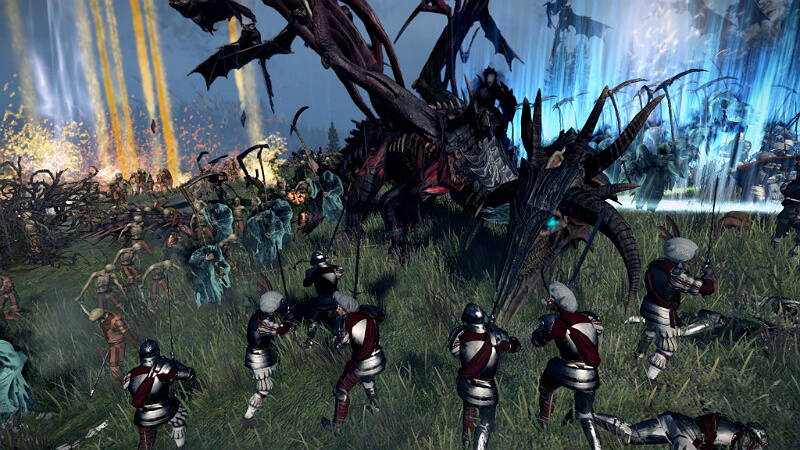

Although the penalty is less severe if the vassal status was established fewer than eight turns ago, there is still a penalty. This is because one cannot move directly from vassal status to confederated status: one must be "un-vassaled" first, a procedure that entails a diplomatic penalty.
Note that if you're ultimately interested in persuading a friendly nation of like people to join your confederation, granting them vassal status is probably not optimal. Being a vassal does not automatically grant a trade agreement. In that case, the player’s reliability will be adversely affected. This will entail no diplomatic penalties for the player unless the vassal treaty was established fewer than 8 turns ago. Vassal status can easily be cancelled by declaring war on the faction on the campaign map or in the diplomacy screen. Therefore don’t be surprised if a forcibly subjugated state secedes from your control a few turns later. There is technically no difference between factions so converted and factions that offered themselves up for vassal status, but remember that conversion to vassal status doesn’t convert a hostile status to a friendly one (though it helps a bit, because now you have a “treaty” with that faction). When one is about to lay the sword to a faction’s last city, one is given the option to “Subjugate.” This means convert them to vassal status against their will. Also note that, despite the fact that if a faction is your vassal for a long time and then declare war on you, there's no special announcement screen for this! You'll just be scrolling over the strategy map one day only to discover that your former vassal now has that red X next it its settlement labels, indicating war: you are never informed of what happened. When this happens, the diplomatic status of the seceding nation is set to “War.” Note that secession is effective immediately: they don’t have to win a war against you for it to become official. Usually this happens when their approval of you is low enough, such as when you take military action against a faction for which they have a high approval rating. Interestingly, vassals are not required to remain vassals: they can secede. The fact that this is happening won't necessarily be brought to your attention. 
They can independently assault, siege, and then occupy the cities of your common enemy. Another way vassals can expand is when you (and therefore your vassal) are at war with a faction. They’ll wander around until they find suitable ruins to occupy. One way this can happen is if you make a faction into a vassal but they no longer have provinces. Note also that vassals will still expand, but not by military conquest: only into ruins.Notice that when a new war breaks out, all one’s vassals are automatically dragged in: they are not given an option, as they are if they are merely your allies. What this means is all the vassal’s previous wars will now be converted to peace, and all prior trade agreements cancelled. Whomever you’re at war with, they’ll be at war with, etc. When a faction becomes a vassal, its diplomatic status will immediately mirror that of its parent state.

The following appears to be true about vassal status: Not all factions can be made vassals regardless of how desperate they are. The game usually doesn’t even give you the option of asking a faction to become a vassal unless you’ve really got them over a barrel: they’ve done poorly in a war against you and only have a couple of provinces left, etc. When a faction is a vassal of yours, its name appears in blue on the campaign map. Vassalage is a state whereby one faction becomes subservient to another and loses most of their diplomatic autonomy.







 0 kommentar(er)
0 kommentar(er)
